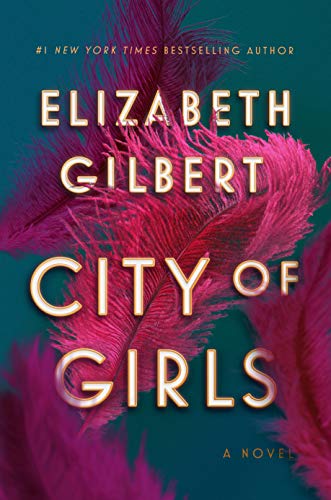Elizabeth Gilbert's 'City of Girls' Will Change How We Think About Sex—And Women's Bodies
Liz Gilbert's 'City of Girls' is #ReadWithMC's July pick. Here, Gilbert explains why it's so important to show that women still desire sex during the #MeToo era, and how she's applying the lessons she's given to her 'City of Girls' characters to her own life.
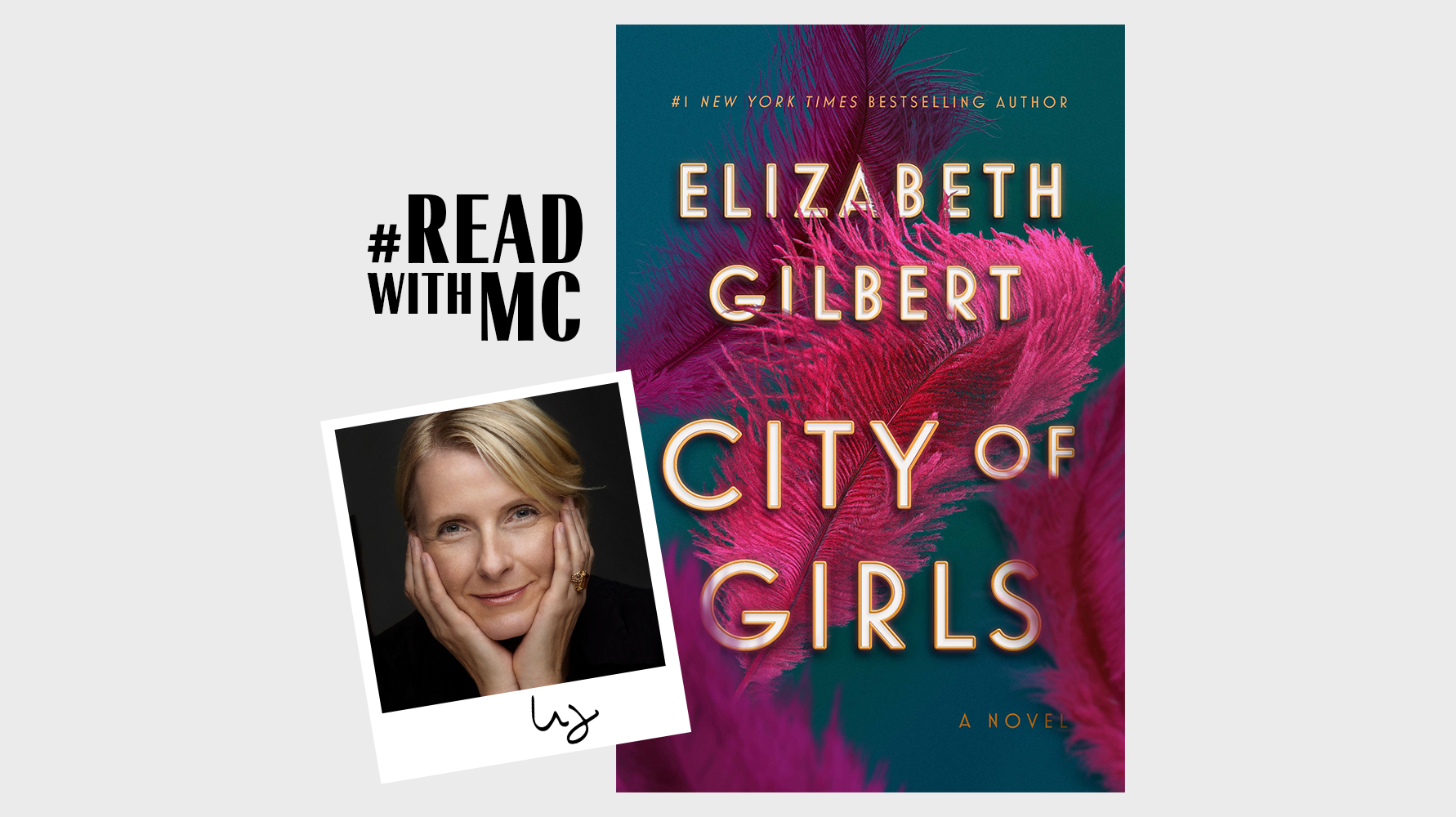
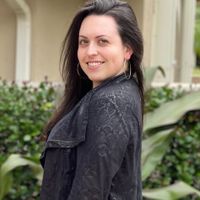
Welcome to MarieClaire.com's Q&A; author series—the spot where we ask the #ReadWithMC author-of-the-month five burning questions about her latest book. In July, we're reading City of Girls by New York Times bestselling author Liz Gilbert. If you're interested in the novel and looking for some friends to talk about it with, find out how to participate in MarieClaire.com's interactive monthly book club here.
It would be a disservice to solely recognize Elizabeth Gilbert for her 2006 memoir, Eat, Pray, Love. Since its release, the New York Times bestselling author has written several other brilliant books including Committed: A Skeptic Makes Peace with Marriage (2011), The Signature of All Things (2013), and Big Magic: Creative Living Beyond Fear (2015). Now, with her latest novel, City of Girls, she hopes her writing "goes down like a tray of champagne cocktails."
Set in the NYC theater world during the 1940s, the book explores main character Vivian's path to living her truth after she's kicked out of boarding school at 19 and forced to live with her aunt, who owns a theater called the Lily Playhouse. From there, she's able to fully explore her sexuality and promiscuity—unapologetically—and later reflect on how those events altered the course of her life.
In true Liz Gilbert form, she did research for five (!) years on the book, which included "hiring a historian to walk me through Times Square and help me understand that lost era of New York’s theater district, talking to women in their 90s (and even 100s!) about their lives as showgirls, dancers, and actresses, reading heaps of novels written in the 1930s and 1940s in order to get the slang and the intonations right, and studying papers at the New York Public Library’s Theater History Wing." She says it was a lot of work, but "I love this kind of stuff, so it was fun for me."
Here, Gilbert explains why it's so important to show that women still desire sex during the #MeToo era, and how she's applying the lessons she's given to her City of Girls characters to her own life.
Marie Claire: What inspired you to write City of Girls?
Elizabeth Gilbert: For years, I have longed to write a book about promiscuous girls who are not ruined by their sexual adventures, and I’ve also wanted to write about the tricky question of female sexual shame. I wanted to take the clichéd old story of "the ruined woman" and turn it around—to write a novel about a sort of female who I think is far more common in the real world, but scarcely ever mentioned in classical literature, which is "the sensual, interesting, and resilient woman." So that idea has been bouncing around in my head for a long time. But it wasn’t until I stumbled upon an out-of-print book from the 1940s, which was a collection of profiles about famous stage actresses, that I decided to set my novel in the New York theater world of 1940. That world just seemed so impossibly glamorous to me that I couldn’t resist wanting to dive into it.
Get exclusive access to fashion and beauty trends, hot-off-the-press celebrity news, and more.
I love the #MeToo movement, and I think it’s a long overdue expression of very justifiable female rage, but I don’t want the conversation about women’s bodies to begin and end with the question of consent.
MC: City of Girls is a far departure from your last book, Big Magic. How was the writing process different going from advising readers on living their most creative life to developing a story about sex, adventure, all of that good stuff?
EG: I think Big Magic is the biggest departure I have ever taken as a writer, because it was purely a self-help book. All my other books (whether fiction or non-fiction) have been about storytelling. Big Magic was about me sitting down and pondering all the questions that people have asked me over the years about my own creative process, and simply trying to figure out how I could be of service. I loved writing it, and I’m delighted that it has helped people...but it’s been really fun to get back to my real love, which is telling great stories in order to keep myself and my readers entertained!
MC: What makes your book timely? Why should people read it now?
EG: Women are still taught that there is a very, very narrow path that they have to walk in order to be considered responsible, respectable, reasonable, and "good." I have never been able to walk that path. Now, I don’t even try. There are people who don’t approve. But as Vivian says in my novel, "At some point, a woman just gets tired of being ashamed all the time. Then she can finally become who she truly is." I also want to make sure that—during all the conversation about sexual consent that has risen up around the #MeToo movement—we don’t forget that there is also such a thing as female desire. I love the #MeToo movement, and I think it’s a long overdue expression of very justifiable female rage, but I don’t want the conversation about women’s bodies to begin and end with the question of consent. There are also times in a woman’s life when she is on the hunt for sex, when she is the instigator, when she is more predator than prey, when her desires push her to take risks because she wants to have heightened experiences. I wanted in my book to celebrate that messy, muscular, powerful force of female lust.
I wanted to take the clichéd old story of 'the ruined woman' and turn it around.
MC: If you could be one character in the book, who would you be and why?
EG: Vivian. In a way, I feel like Vivian was showing me a pathway for my own life—toward becoming the kind of woman who, when she is in her 90s, can look back on her life with ruefulness, but also fondness and contentment. I would love to be Vivian when I grow up. It’s kind of my plan, actually.
MC: What's currently on your nightstand?
EG: The best two books of the year, in my opinion, are Three Women, by Lisa Taddeo, and Flash Count Diary, by Darcey Steinke. Both are also about female sexual desire, and women’s bodies and lives. Three Women is an incredible non-fiction exploration of three women whom Lisa Taddeo shadowed for years (with their permission) as they were having passionate sexual and romantic (and sometimes desperate) affairs, outside the norms of society. And Flash Count Diary is a brilliant and fierce memoir and study of menopause, examining how the end of mensuration can be the beginning of a new level of power and command in a woman’s life. Both books are absolutely incredible, and I think they go nicely with City of Girls.
Listen to an exclusive excerpt of the book available on Audible, below.
2019 Elizabeth Gilbert (P)2019 Penguin Audio
For more stories like this, including celebrity news, beauty and fashion advice, savvy political commentary, and fascinating features, sign up for the Marie Claire newsletter.
RELATED STORIES
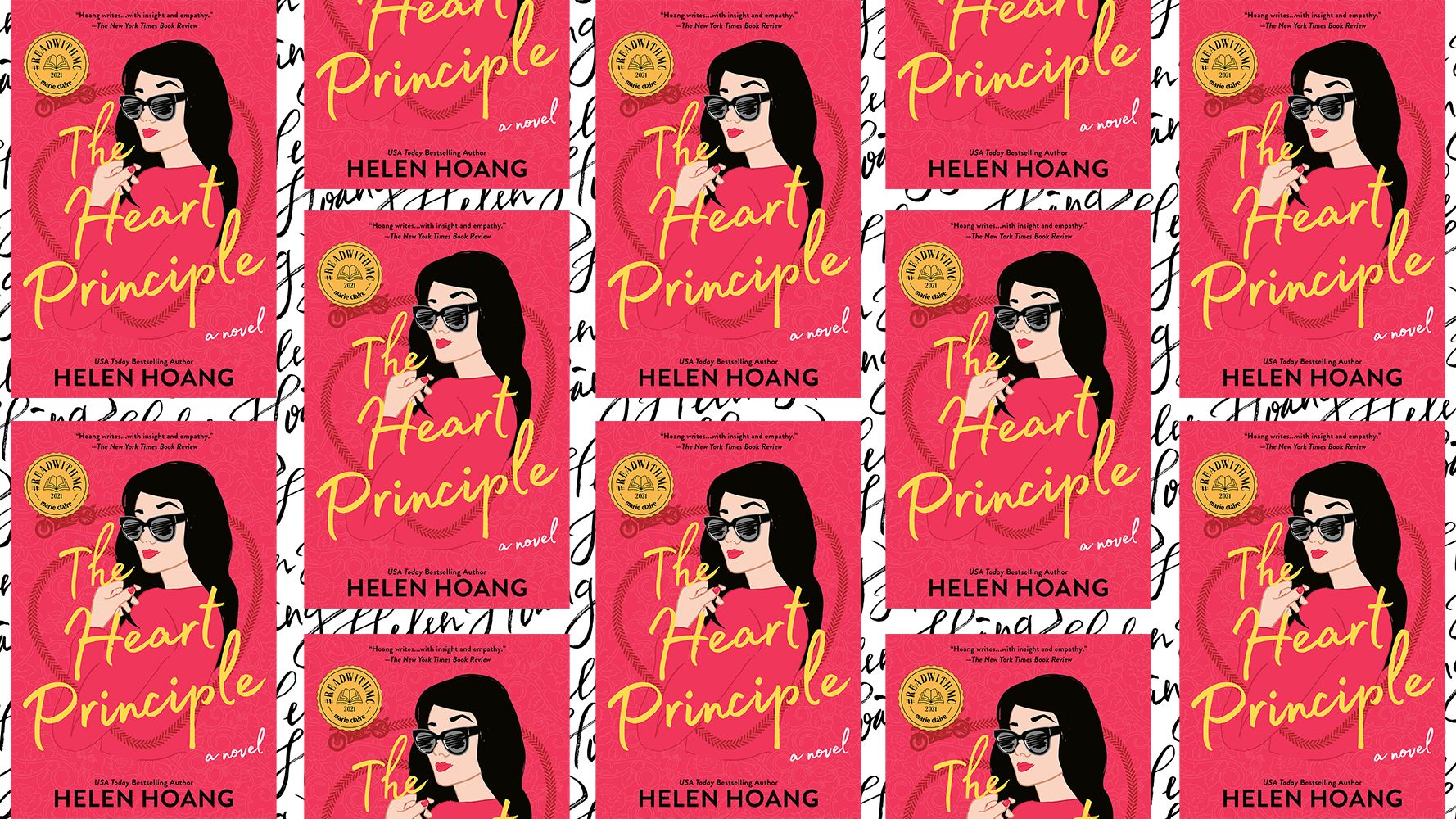
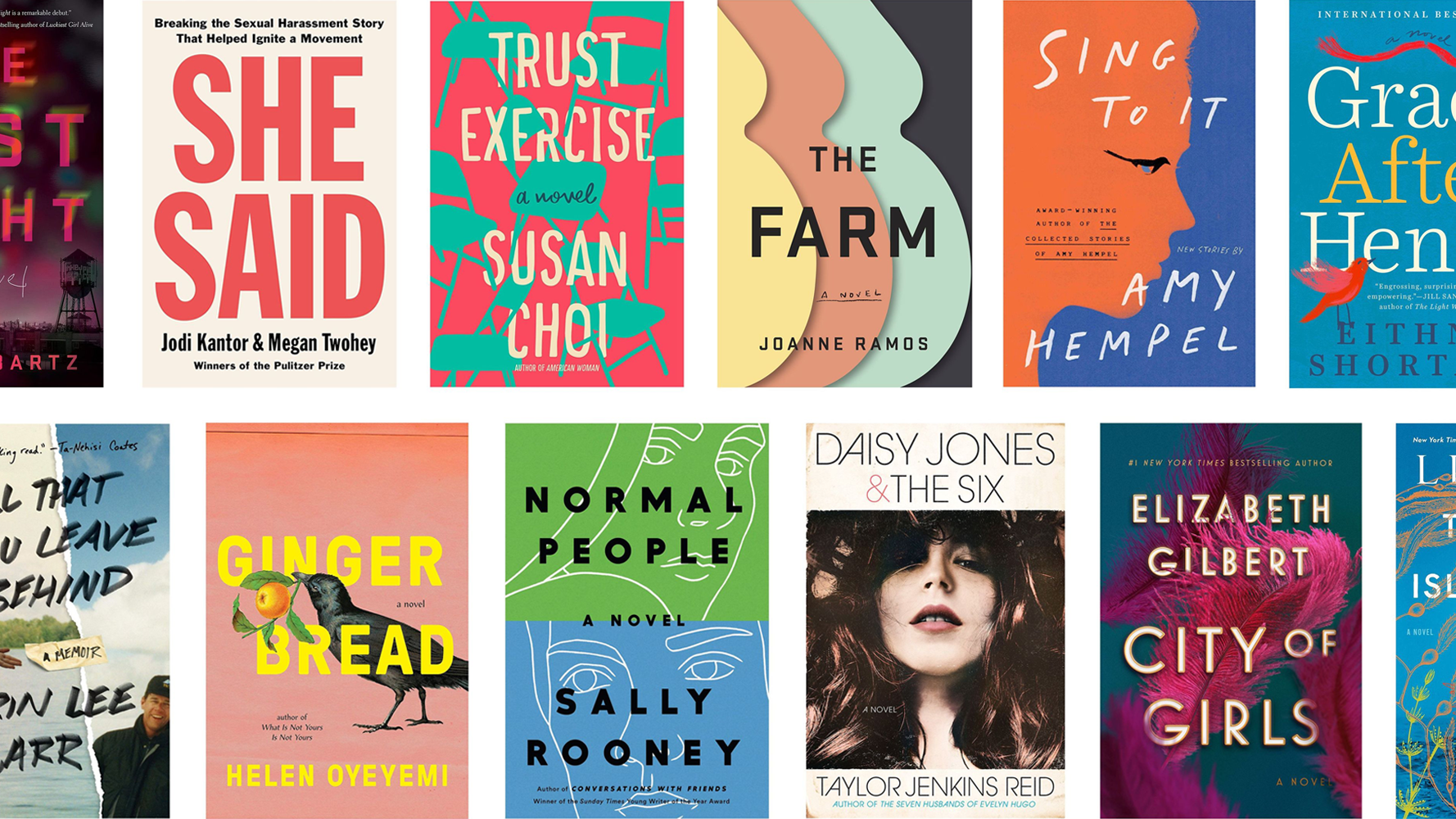
Rachel Epstein is a writer, editor, and content strategist based in New York City. Most recently, she was the Managing Editor at Coveteur, where she oversaw the site’s day-to-day editorial operations. Previously, she was an editor at Marie Claire, where she wrote and edited culture, politics, and lifestyle stories ranging from op-eds to profiles to ambitious packages. She also launched and managed the site’s virtual book club, #ReadWithMC. Offline, she’s likely watching a Heat game or finding a new coffee shop.
